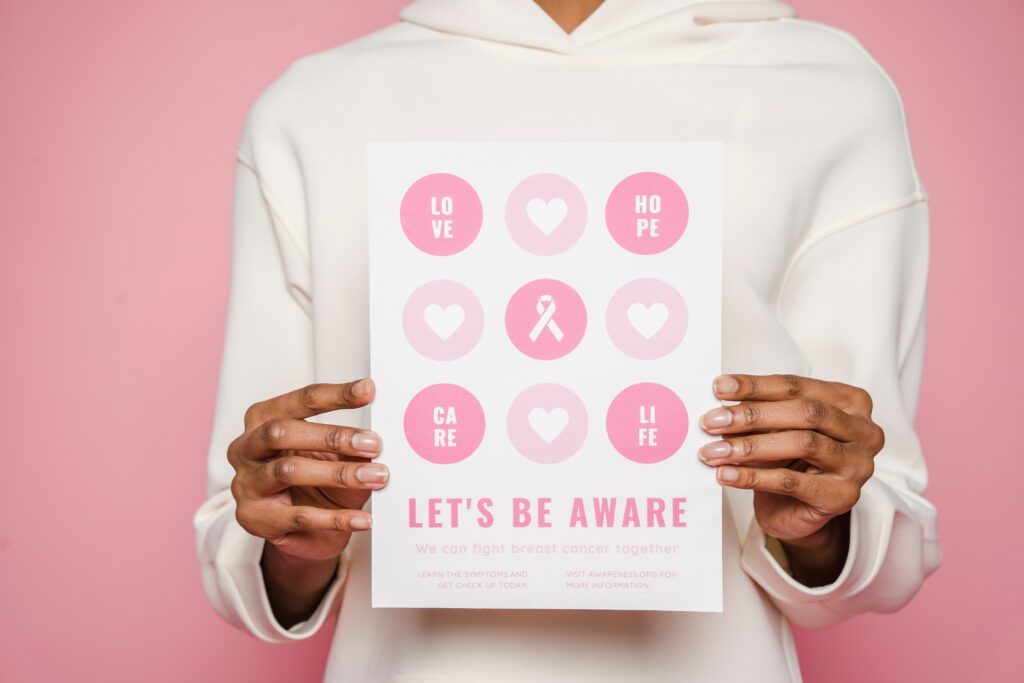October 20, 2022
Written by Kala Diltz
Every October, millions across this country share their stories of triumph, heartache, and perseverance of their bouts with Breast Cancer. Though this can also affect men, 1 in 8 women will be diagnosed with Breast Cancer in their lifetime. My mother was diagnosed in the Spring of 2006. For four grueling years, I watched as she dealt with rounds of chemo and radiation while continuing to be the centerpiece of our family. During that time, she reached many successes in her career, earned a master’s degree, and visited one of her bucket list vacation spots. Through all this, my mother did not have to worry about the financial aspect of her journey as she was former military and was then a civilian working on the military base. Our healthcare came through my father, who worked his way through the ranks of the United States Air Force. With finances aside, we were able to focus on making every moment with my mother count.
Unfortunately, this is not the reality for most people who end up diagnosed. Those recently diagnosed have a lot to consider. Namely, many people are unsure of the probabilities that may increase their risk of getting breast cancer. Family health history, individual health factors, race, age, and some environmental factors play a significant role in whether or not one is at higher risk for receiving a diagnosis. To further assess your risk, you may do so with your primary care physician or an OBGYN, or you can take an online assessment (Hereditary Cancer Quiz) to help determine whether you should seek a medical approach.
Once the individual’s risks have been assessed, it is time to determine the different testing options. Self-breast exams can be beneficial as it allows one to be familiar with mammary tissues and know if and when something is awry. Those with increased risk or an unfamiliar growth can opt for a mammogram. Due to the Affordable Care Act, insurance companies must fully cover various cancer screenings. Specifically, for those seeking breast cancer screenings, if you are over 40 years of age and have insurance, they are required to pay it under the act. Those without health insurance can seek low-cost/free screening courtesy of Where to Find Low-Cost or Free Mammograms (verywellhealth.com).
Through all of this, it is essential to have a good support group. Awaiting results and or receiving unexpected news can be tricky. The support group one chooses to keep around them at a time like this can be all the difference in the reception of the results. A group willing to assist with minor tasks or lift spirits is beneficial for the journey ahead. Check out all the links throughout this article to better assess risk, cost, and what it could mean for the future.

